The Teaching Reform of PKULS
Date:2021-03-09
Over the years, there has been a widespread phenomenon of paying more attention to research than to teaching in China’s colleges and universities. Research has become the most important or even the only criterion for evaluating teachers on certain occasions. Although the overall level of research in developing countries is still in the catch-up stage, it is difficult to achieve the historical reasons for simultaneous docking and virtuous circle with teaching, at the same time, many domestic colleges and universities, including individual teachers, on the concept of "talent training is the core mission of the university" identity and acceptance, is still more vague and hesitant, and thus there is an imbalance in orientation.
In 2020, the Central Committee of the Communist Party of China and the State Council issued the General Plan for Deepening the Reform of Education Evaluation in the New Era. The program has made a new deployment to "perfect the institutional mechanism of Lid tree people, reverse the unscientific educational evaluation orientation, and resolutely overcome the persistent dysentery of score-only education." If it is said that it aims to reform the evaluation of scientific research, then how to reform the teaching evaluation, it is a new task and subject for educators in colleges and universities all over the country.
PKU is the place of Chinese law education and the forerunner of China's law teaching reform. The College has always adhered to the principle of scientific research and teaching as the basic duties of university teachers, the two wings can not be abandoned. In recent years, in order to respond to the orientation of "heavy scientific research and light teaching" in the domestic academic circles, clearly put forward "all for the effective training of students", vigorously promote the reform of teaching supply side and lead the trend of teaching reform in China's legal circles.
Since 2010, PKULS has initiated a new round of teaching reform centered on curriculum construction. New courses such as case study courses, practical courses, writing classes and English courses have been added. After nearly ten years of efforts, the number of new courses continued to grow, the emergence of "Civil Law case study" "Criminal Law case study" and other state-level first-class undergraduate courses, multi-curriculum system basically formed. From 2018, we will further strengthen the reform of teaching and continuously promote the reform of the supply side of teaching.
In terms of stock reform, within the framework of the existing curriculum system, 80 lectures of PKULS are held to enhance the quality of the curriculum and the sense of respect for teaching, to integrate all kinds of teaching information, to issue regular "teaching work briefings" to all teachers, to promote the openness and transparency of all teaching links such as enrollment, training and graduation, to promote all kinds of reading sessions, to set up "second classroom" teaching projects, to encourage support for teachers' extracurricular teaching, and to create an atmosphere in which teachers and teachers can study together.
Since 2010, PKULS has initiated curriculum reform. On the basis of comprehensively organizing the curriculum library and reducing more than 400 courses to more than 260, we are determined to mobilize resources to support the exploration of new courses and provide adequate support for courses that can develop students' comprehensive ability, legal thinking ability, practical application ability and broaden their international horizons in terms of teachers, school hours and teaching assistants.
After ten years of curriculum reform, new courses such as case study courses, practical courses, writing classes and international courses have become popular in PKULS, which is not only popular with students in schools, but also attracted the attention of the national legal education circles.
1. Focus on the gold class to enhance the ability of students
Since 2012, the new curriculum has been meeting with students. As the main position of teaching side incremental reform, there have emerged "Civil Law case study" "Criminal Law case study" and other state-level first-class undergraduate courses and many high-quality gold courses, to provide a platform for the training of the ability of law students.
Case study: The last kilometer from education to practice
Different from the traditional teaching courses, seminar courses and practical courses, case study courses are characterized by "case study" as the core of the training of students in legal skills. Methods and knowledge, thinking and practice, small class discussion and large class teaching combined and strive to open the last kilometer from law education to law practice.
Civil Law Case Study
"Civil Law case study" is a student's "training ground" after completing the basic course, the legal rules and concepts that have been learned must be applied to the analysis of the case before the real chapter can be seen. The course adopts the "small class discussion and big lesson explanation" approach, the first two lessons by the teaching assistant to guide students to discuss the case analysis ideas, key difficult issues, etc. , the last lesson by the teacher is in the focus of teaching the analysis of the case required thinking framework and research methods.

How can we use this "training ground"? The answer given in the Study of Civil Law Cases is - practice more, communicate more. "Write more, practice more" is mainly reflected in the setting of homework ahead of class, almost every week students have to complete case study homework, the average number of words per assignment is usually not less than 10,000 words. In content, the Study of Civil Law Cases focuses on the consolidation of civil law knowledge and the training of legal methods in the past, taking the practice of basic analysis of the right of claim as a clue.
Criminal Law Case Study
"Criminal Law Case Study" in the course content design through a gradual, phased case training method, training students to gradually master the various ways and models of handling different cases, adapt to the prosecution and defense from different positions to say theoretical evidence, and through the analysis of the original legal materials so that students gradually familiar with judicial practice, training practical ability.
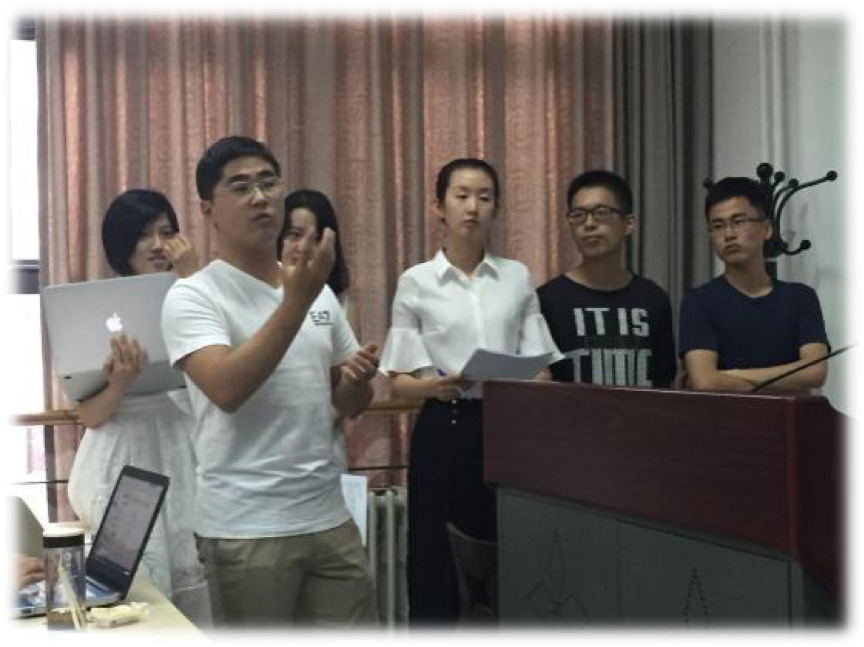
Firstly, the introduction of expert case analysis methods, through basic training to learn a board at a glance of the basic tricks. Large cases usually consist of 4-10 question points, and the basic knowledge points required for criminal law case studies emerge. Through several weeks of training, students gradually learn the basics and are able to analyze legal issues in a certain step and order.
Secondly, through confrontational training to create a solid basic skills. Students need to write the opinions of both sides of the defense on behalf of the role, analyze and demonstrate the same case from different positions. The purpose of this stage of training is to improve the positive ability of students.
Thirdly, through comprehensive training to train practical ability. This stage invites lawyers to personally handle the major difficult criminal cases of the file material, leading students to discuss the case in groups, forming different opinions on the prosecution and defense. Facing the original real case and the volume of file evidence material, the case study is no longer just the analysis and discussion of criminal law legal issues, the third stage of training for law students to enter the workplace to participate in practical work to do a good job of exercise.
In addition to civil and criminal cases, PKULS has now opened the "Civil Procedure Case Study" "Criminal Procedure Case Study" "Constitutional Case Study" "Administrative Law Case Study", six courses formed a case study cluster, with different disciplines of the case to train students' legal thinking, literature reading, knowledge retrieval and other abilities. The teaching assistants and students who have experienced the baptism of these case courses have also spread the method of case study to other institutions and practical departments, which has helped to form a community of legal persons.
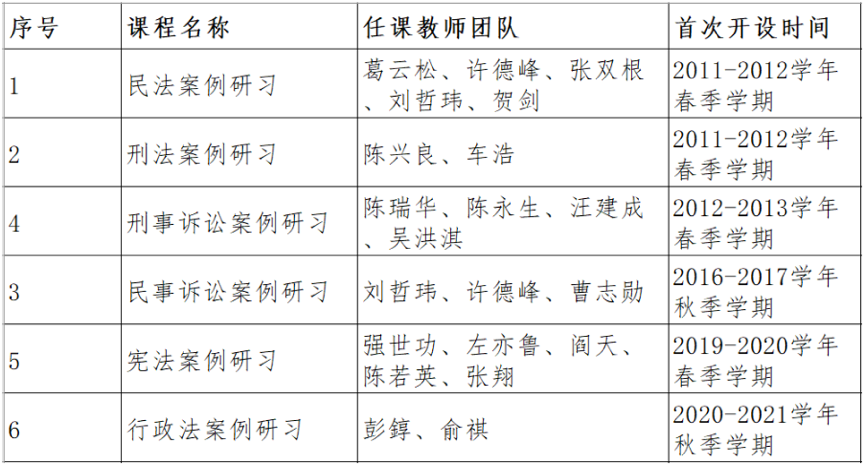
Writing class: A gas station for academic research
For different writing objectives, the law writing course teaches the skills and methods that need to be mastered in legal writing, so as to train students' search, thinking and writing ability, solve students' confusion in writing legal documents, academic papers and reading notes, and improve students' ability to collect and process legal literature information in the information age.

In order to better guide doctoral students to engage in scientific research, scientific research and innovation, and write high-quality academic papers, PKULS specially opened the "Law Research and Thesis Writing" course.
"Law Research and Thesis Writing" course of Ph.D. students is presided over by Mr. Che Hao, together with two Deputy Deans Liu Zhexuan and Yan Tian to form a teaching team, using a combination of teaching and lectures, inviting the editors of major law core journals as presenters, around the selection of legal papers, ideas, layout, materials, norms and editing of the topic of exchange, covering the paper writing and publication of the main links. The course boldly innovates the traditional "textbook-style" thesis writing method, guides the doctoral students to use the diversified perspectives of legal doctrine, legal sociology, legal economics and so on to carry out academic exploration and scientific research creation, and stimulates the scientific research and innovation ability of doctoral students.
In the course of teaching, well-known editors will point to the problems encountered in the writing process of the thesis, so that doctoral students understand the latest theoretical developments in academia, learn to change the perspective of editing thinking, measure the value of their own topics, and then to their subsequent creation to form a clearer thinking. The course is closed by the thesis evaluation system. On the one hand, under the premise of the tutor responsibility system, further supplement the channels of collective training of the tutor group, broaden the academic horizons of doctoral students, and enhance the academic exchanges between teachers and students in this discipline, on the other hand, urge doctoral students to purposefully find the direction of writing papers in the first year after admission, plan ahead for the scientific research tasks during reading, spread the pressure of scientific research, and develop scientific research habits in order to successfully complete the degree thesis.

In addition to the course "Research and Writing of Law Papers" for doctoral students, PKULS has also opened "Law Papers and Methods", "Law Writing and Retrieval" for law graduate students, "Law Research and Writing" for LL.M. graduate students, and provides different writing training for thesis opening, document retrieval, and clerical style according to different types of training.
Practice: The bridge between the classroom and the profession
PKULS continues to strengthen the combination of theory and practice, for students to understand and contact with the practical work of law to build a bridge. Practical courses lead students into contact with practice, not only in the students get a high degree of recognition, but also get positive recognition from employers.
Practice of Contract Law
Through practical training of contract text and its application, Contract Law Practice enhances students' ability to apply what they have learned and apply legal knowledge to practical transactions, and makes students have a framework understanding of the solution of contract disputes, and promotes their long-term development in legal practice.
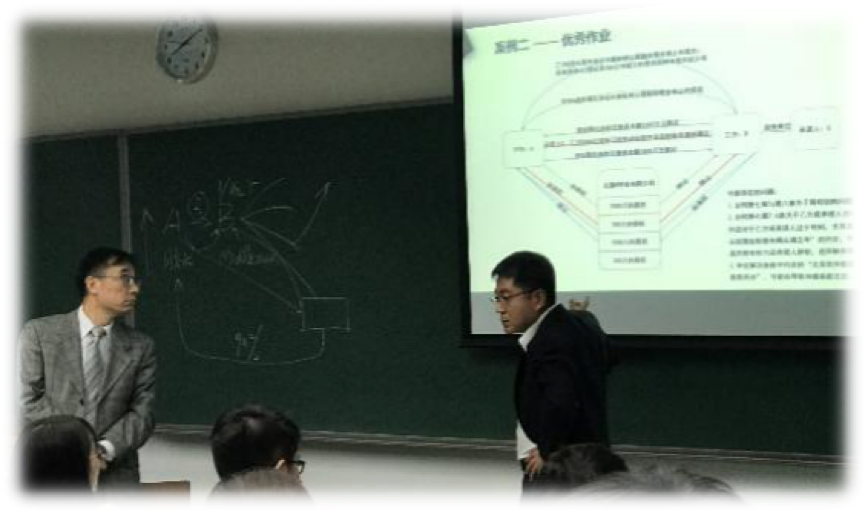
The core content of the course consists of three modules: the transaction structure, the contract text and the search for relief. The complex and customized transaction structure constitutes the thinking structure of drafting the contract, and at the same time, through the examination of the training transaction structure, guides the students to pay attention to the common mistakes that are easy to make, then, the training students combine the transaction structure with the contract text to form the text expression of the complex transaction, and finally, in the common type of dispute resolution, how to find the best solution in the current judicial system according to the principle of the specific situation and maximization of the interests of the parties. In the course process, students have to face the real transaction and contract text, one semester down the students gradually from the legal practice of layman to be able to draft a more perfect contract text of the new.
International Course: A platform for communication between China and the world
As China's contacts with other countries in the world become more and more close, the rule of law a foreign-related has become a major issue. Therefore, it is more and more important to open up students' international vision and train foreign-related legal talents. PKULS offers a wide range of international courses to provide a broad platform for teachers and students to communicate with the world based in China.
Simulation Court Practice
In the form of a platformed teaching organization, the practical courses of the Mocking Society focus on the themes of international public law dispute resolution, international commercial arbitration, international criminal adjudication, cross-border mergers and acquisitions, international humanitarian law practice, space law disputes, etc., and have formed a standard model of "basic courses and nine major international events", with a number of well-known scholars and professors at home and abroad as teaching teachers.
"Model Court Practice" to "theory and practice and event" model to improve the students engaged in foreign-related legal practice of comprehensive literacy. The courses are divided into two semesters: "Simulated Court Practice Foundation" and "Model Court Practice Competition".
In the first semester, teachers will guide students in a considerable number of foreign language articles and cases, develop the expertise necessary for international commercial dispute resolution, and train students in legal search, clerical writing and oral arguments. The training content of the second semester is mainly for the writing of the book, simulation court, competition combat three parts, mainly for the preparation of the International Mocking Tribunal competition. Students need to do a lot of legal search and paperwork and participate in mock court battles.
Each year, students will participate in a series of relevant international mock court competitions in Beijing, Washington, Vienna and other places, the language of the mock court competition is all In English, through training, will comprehensively enhance students' English law retrieval ability, English writing ability and professional speaking ability.
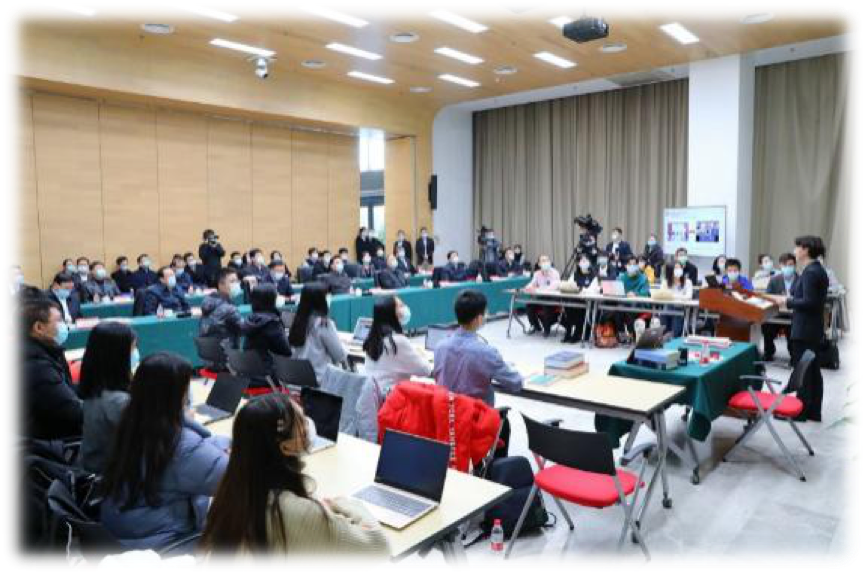
The talent training course designed around international dispute settlement is a valuable platform for the training of foreign-related rule of law talents at PKULS. At present, PKULS has trained a group of talented people who are aspiring to the cause of international law. In recent years, the PKULS team has also achieved excellent results in the international commercial dispute settlement at home and abroad. More importantly, the course takes students into the world of international dispute resolution, stimulating students' interest while sowing the seeds for their future career plans. More and more law students, through courses and competitions to pursue a more outstanding self, and have the ambition in the future to engage in related foreign-related legal work, learning for use, for china's foreign-related rule of law development to make their own contributions.
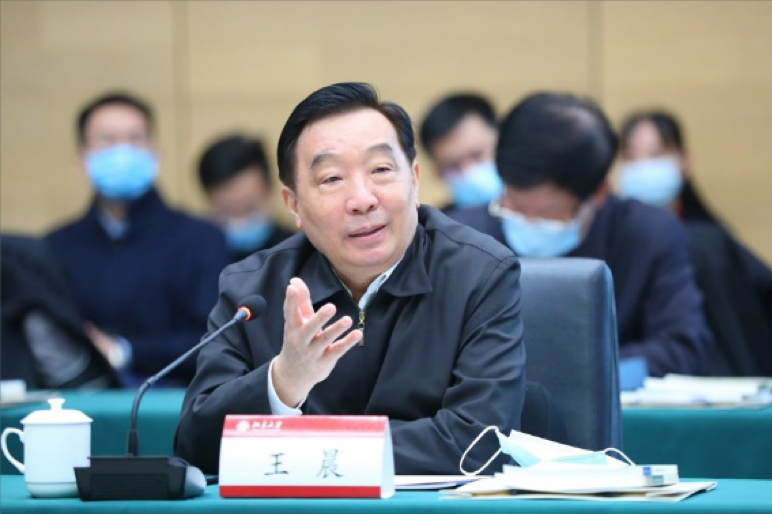
On November 25, 2020, Wang Chen, a member of the Political Bureau of the CPC Central Committee, vice chairman of the Standing Committee of the National People's Congress and president of the Chinese Law Society, visited PKUS to study the training of legal personnel at PKU and attended the International Commercial Arbitration Course. Law students, in their capacity as respondents and applicants, have reverted to the reality of international arbitration by stating the reasons for the compliance of online hearings with the legal framework during the outbreak. Wang Chen highly affirmed the significance of the international commercial arbitration course and the results achieved by the training of the rule of law personnel at Peking University.
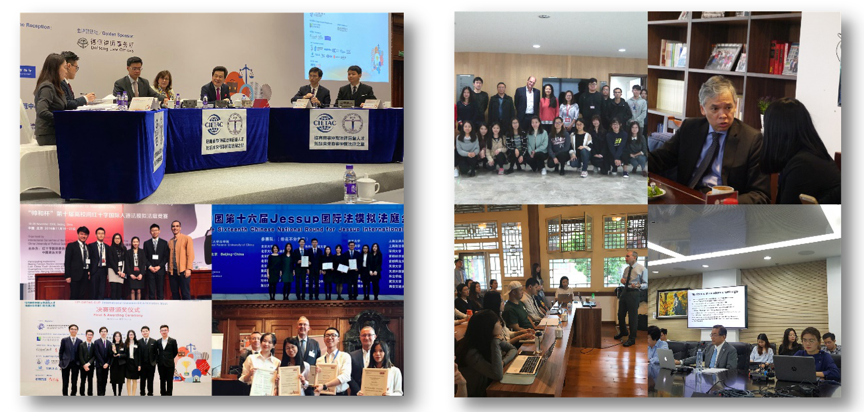
2. Stay true to the mission of the course reform
Teachers are the main body of practicing law education, and it is an important factor for PKULS teachers not to forget the initial intention of class reform and vigorously promote the reform of course reform. All along, the teachers of PKULS have worked hard in the field of teaching, but the curriculum reform aimed at competency training has obviously presented new challenges to teachers.
Directions and approaches are indispensable in the reform process. On the one hand, curriculum reform requires teachers to break through the limitations of the teaching concept of teaching knowledge taught in traditional teaching classes, and to cultivate the skills of outstanding legal talents as the teaching goal, on the other hand, as the main body of teaching teachers should also try to introduce novel teaching techniques and teaching methods, and truly take teaching as science to achieve educational goals.
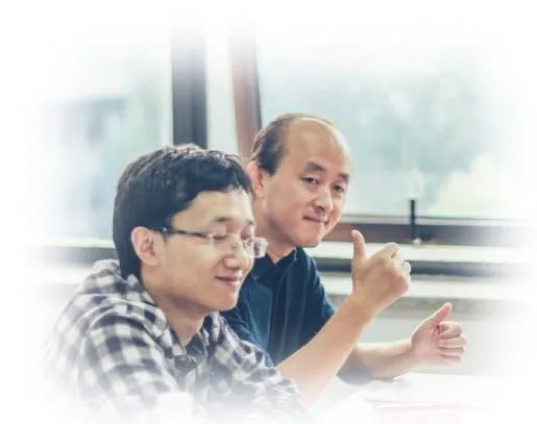
Guided by the direction of curriculum reform, the training content, mode of development and feedback mechanism of curriculum rules of each lesson have been carefully designed by teachers. By assigning assignments and flipping classes, teachers have the opportunity to train law students in a targeted way. And with the continuous accumulation of experience in the course reform, teachers will adjust their training methods in time to better achieve the purpose of training.
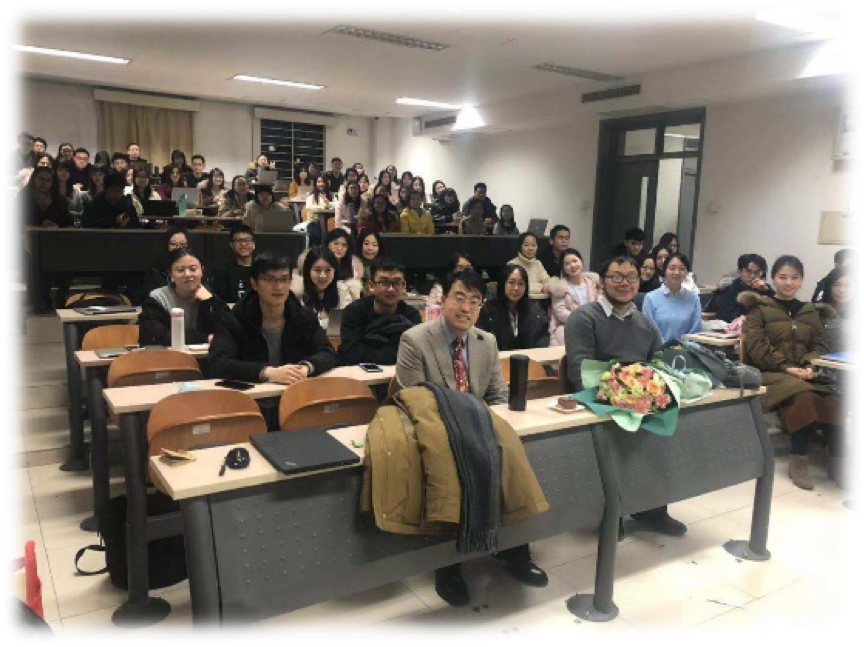
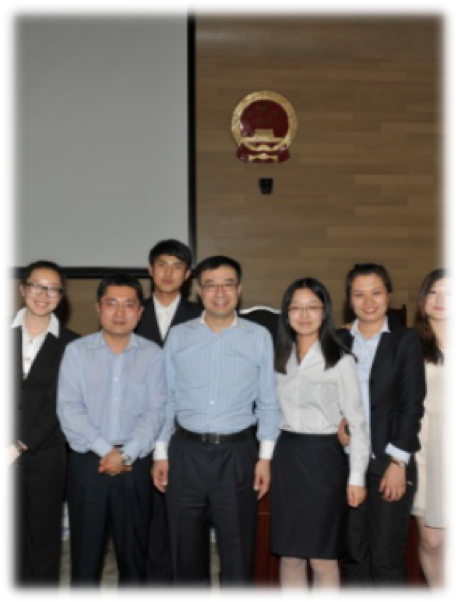
Counting the capabilities of law students that law students hope to exercise through curriculum design includes the following:
First, the test of retrieval ability and data processing ability. In case study courses and practical courses, students must first go to the law in order to draw the conclusion of case adjudication. Facing the complicated legal problem, in order to explain the law, students should also search the case and related legislative materials, monographs, papers and other theoretical materials and filter, evaluate, understand and apply them comprehensively. In the writing class, special courses or modules are set up to train legal retrieval ability, which provides basic ability training for students to write and publish papers. International courses improve students' English law retrieval skills through book writing and mock courts.
Second, the cultivation of thinking methods. Through repeated study and training, students gradually establish the thinking framework of case analysis, the general paradigm of writing and academic research, the framework understanding of the settlement of transactions and contract disputes.
Third, the ability to express the hammering. Unlike the traditional knowledge-based classes, the new curriculum takes the form of flipping the classroom curriculum, and students' classroom participation is maximized. Whether in small class discussions in case studies, group presentations in practice classes, or in mock courts in international classes, the analysis of problems in a legal thinking approach and the formation of a well-founded and logical written expression are the basis, while oral expression is a tool for communication. Expression is the basic work of the legal profession, and the new curriculum strives to make the expression of professional language and professionalism become as inherent as legal thinking.
Referring to the teachers in the process of curriculum reform, Mr. Pan Jianfeng has repeatedly said that the law school brought together a group of law teachers with family national conditions, social responsibility, love of teaching. The promotion of curriculum reform, in addition to the teacher's ability of professional quality, also benefits from the law school teacher's love of teaching, concern for students and the hope and expectation of the whole legal education.
In the teacher's eyes, what is really worth pursuing in law education is not the result of success, but to provide students with the platform and opportunity to grow as much as possible through teaching, to shape their rigorous and down-to-earth research spirit, and to cultivate their solid legal literacy. Every student of PKULS is an excellent seed with high hopes from the state and society, and law school should be a fertile ground for its growth, so that it has sufficient ability to grow rapidly in any piece of land transplanted to the motherland after leaving here, and become a tree that can shade one side or bear fruit.
Students’ support and responsibility
Student support for the curriculum is another major factor in the sustained progress of curriculum reform. Curriculum reform from knowledge transfer to ability training, in order to achieve the goal of training, the design of new courses is not easy. Compared with traditional knowledge transfer courses, students' tasks change from reading and listening to learning, writing, discussion and debate. Accordingly, the process naturally requires a large number of "deliberate practice" by law students.
In a case study class, the total amount of homework per student in a semester is generally about 10-20 million words, in addition to the class section, students need to spend at least one case class a week for a full day. In the writing class, the search task and the writing task are also not low. Students in practical and international courses also need to read, retrieve a large number of cases, and complete the appropriate after-school assignments.
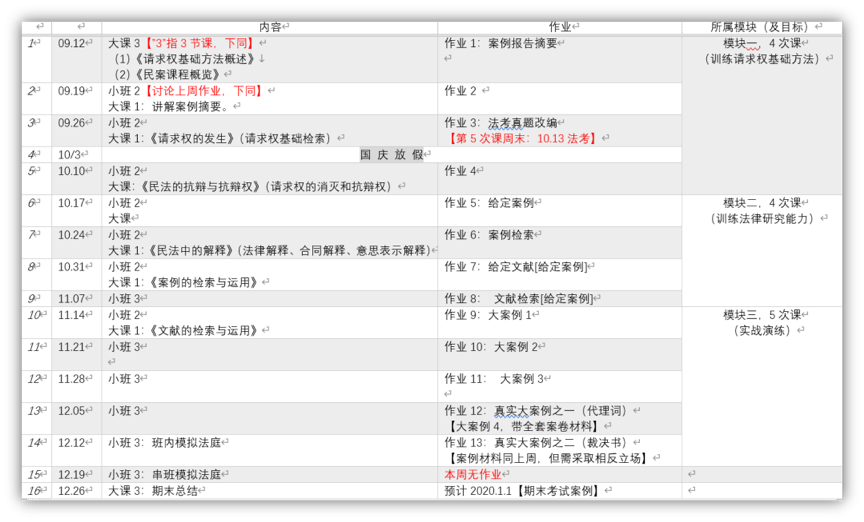
Surprisingly, the increased investment required for the course was painful and enjoyable for the students at PKULS. Case study courses, practical courses and other new courses are often the most popular courses for students, limited by the capacity of the course, the selection of courses often appear "in short supply" situation.
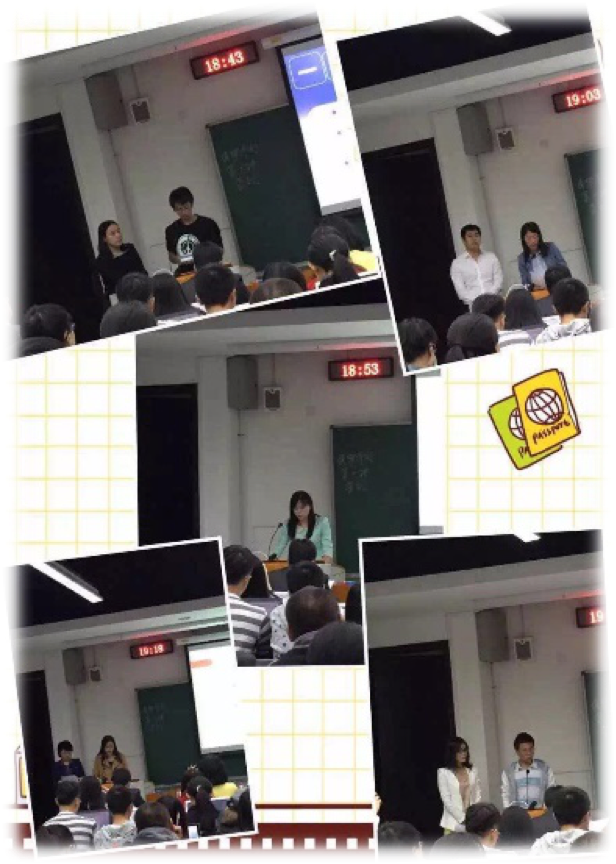
Students at PKULS are willing to pay more for the new curriculum, and are willing to double their time and energy for ability improvement. If the basic knowledge reserve of students is a prerequisite for the start of curriculum reform, then student support is a sufficient necessary condition for curriculum reform to be continuously promoted and achieved results. The latter is not much related to the basic literacy of students, and the efforts and increments made by students beyond similar colleges and universities are the decisive factors for the improvement of ability.
In addition, some law school students also have a special responsibility - the course assistant. In several years of curriculum reform, PKULS has also produced several teaching assistant teams that are suitable for the goal of curriculum reform and can expand the scope of curriculum training. The main work of the teaching assistant is to approve the homework, explain the homework and organize the small class discussion.
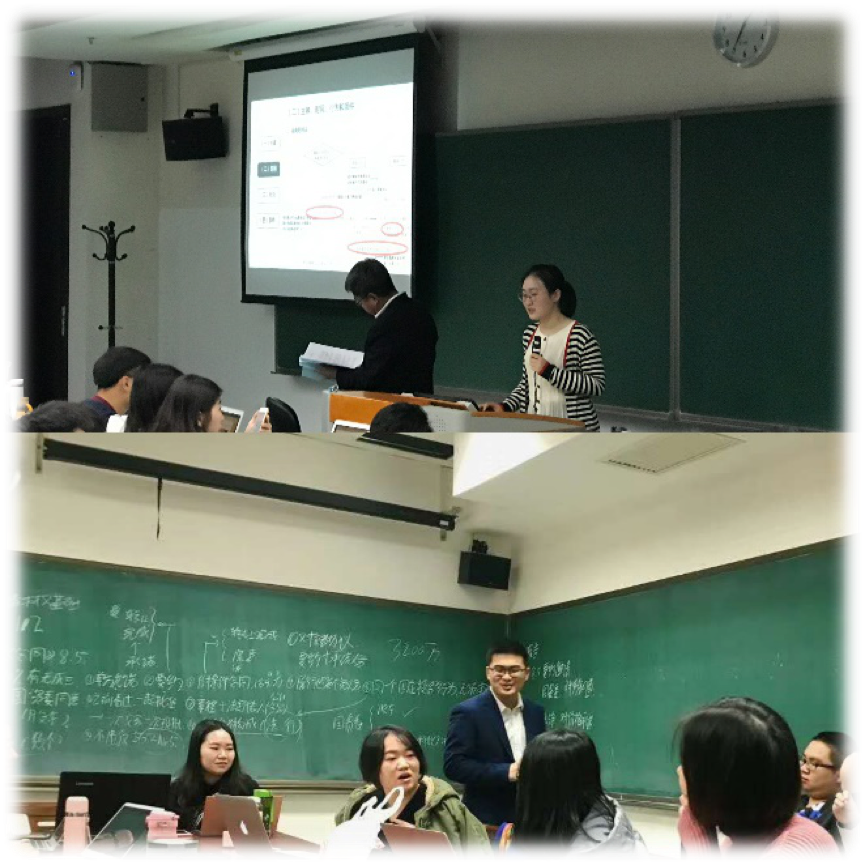
Even if the teaching assistant is primarily the host rather than the speaker, it will take a lot of preparation to ensure that the weekly seminar is effective and valuable, and the time spent on the course is no less than, or often far greater than, the time spent by the students who chose the course. In the course reform process, not only the students who choose the classes get the training opportunity, but also the students who serve as teaching assistants also realize the "teaching length" in the repeated polishing and discussion.
1. The whole college gathered efforts to establish a new style of re-education
A flower alone is not spring, a hundred flowers bloom in full spring garden. The curriculum reform of PKULS is not driven by sporadic teachers, but by the efforts of the whole school.
Mr. Pan Jianfeng said, "The core of talent training is in the teaching process, so curriculum reform is necessary." Since the beginning of the curriculum reform, a culture of emphasis on teaching has taken shape among the responsible and enthusiastic teachers of PKULS. The law education of PKULS is devoted to improving students' comprehensive ability, cultivating outstanding legal talents to adapt to social development, and constantly promoting teaching reform in the spirit of exploration. ”
The college increased its investment in course reform
PKULS have invested more in the construction of the system of teacher cooperation, the introduction of international teachers and the support of other teaching resources, and strive to achieve the best teacher-student ratio, only in order to achieve better teaching results.
In terms of system construction, the new curriculum of PKULS often adopts the model of "two teachers in the same class", which is rare in the professional education of colleges and universities in the country, and this depends on the system support of law schools in the calculation and performance appraisal of class hours. Case study courses have at least two teachers participating in each semester, with a maximum of five teachers, writing classes are often taught by out-of-school experts and scholars, requiring coordination of guests and arrangements for hosting, and several practical staff are invited as resident lecturers or lecturers in each practical course, and several outstanding legal scholars and practical experts from overseas are invited to provide practical guidance each year. College management level not only paid a lot of energy and resources for this, but also gradually set up a complete management system for class hours statistics, teaching assistant allocation, guest invitation, etc. to ensure not only basic teaching discipline, but also fully ensure the flexibility of reform arrangements.
In terms of international faculty, in order to achieve the goal of broadening the international perspective, PKULS launched the "Global Chair Program" at the National Law School, employing 20 world-renowned law professors and law professionals, offering international cutting-edge law courses, and serving as an international mentor for outstanding students, with Yale University Prof. Paul Gewirtz as President of the Global Chair of PKULS.
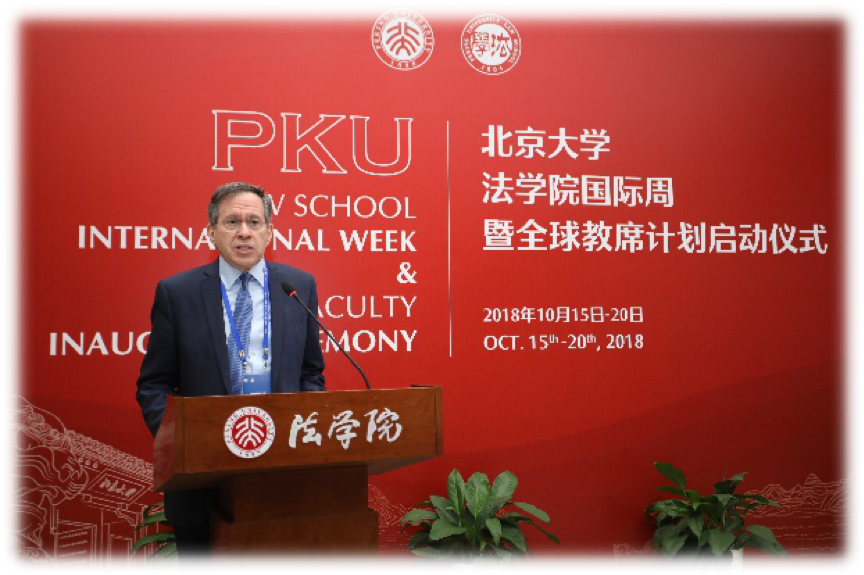
The whole college created a new style of course reform
Since 1904, The PKU has established the "Law School Gate", which pioneered the specialized legal education of modern Chinese universities, and by 1977, after the resumption of the college entrance examination admission system, the Department of PKULS has developed rapidly, and PKULS has always been at the forefront of the national law department in cultivating outstanding talents and actively participating in the construction of the rule of law in the country. In the new era of the 21st century and in the new journey of the great rejuvenation of the Chinese nation, PKULS is a pioneer in the cause of national legal education.
In PKULS, curriculum reform is the convergence of the hopes, expectations and efforts of colleges and many teachers, rather than the efforts of individual teachers or the creation of individual courses, the whole school has formed a good culture of reform and has a band effect. After a long period of innovative practice and accumulation, PKULS has gradually realized the standardization of case study courses. At present, six brand case studies, four writing courses, more than ten practical courses and more than 60 English courses have been offered, and more than 50 teachers from law schools have participated in the curriculum reform project.
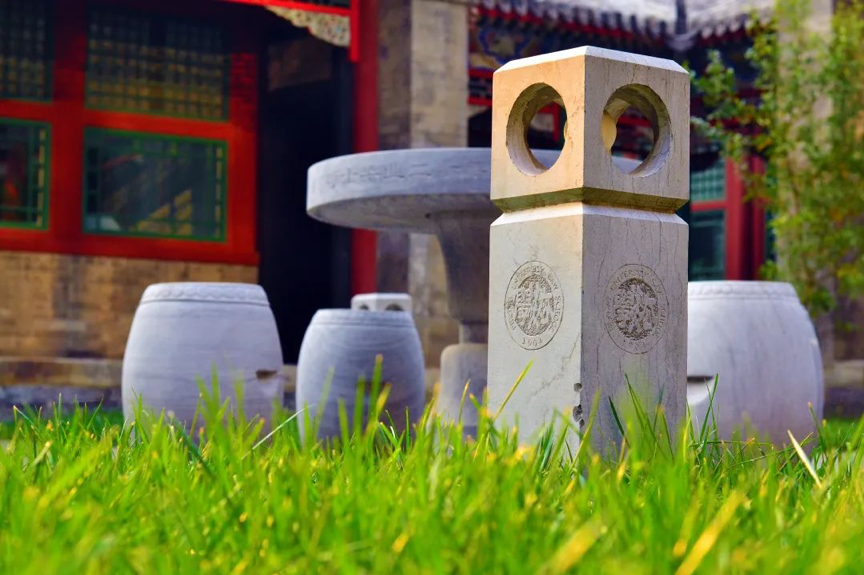
In the scope of national law education, a new type of curriculum oriented towards the improvement of talents' ability is still in the minority. With the concept of beauty and commonality, shouldering the mission of pioneering law education, the curriculum reform of PKULS not only serves the students of our school and makes them thrive in the curriculum reform, but also serves as a model and leading role for the establishment of similar courses in brother colleges and universities, and provides a template for the curriculum transformation of law education in China. The new curriculum of PKULS has gained the recognition and praise of brother colleges, and has become a fashion in the major law schools.
Over the years, PKULS and teachers have disseminated the experience of curriculum reform at PKULS by writing papers, organizing and participating in teaching salons, seminars and lectures. PKULS leaders and teachers have repeatedly introduced the concept of curriculum reform, the teaching experience of case study courses and the practice of strengthening the teaching reform of legal practice curriculum to teachers in law colleges and universities all over the country through meetings, connections and public classes. PKULS also hosted the "National Law Education Teacher Training Course" to disseminate the experience of curriculum reform in a public welfare manner, to show the teaching methods of case study courses, large classes interactive courses and other courses in a live display, more than 100 first-line young teachers and 30 law students from all over the country to observe and study at PKULS.
The relevant curriculum materials of PKULS are also shared with teachers and students of other institutions in various forms. A large number of case study courses have been open to the public through case study reports, papers and other forms, "cross-border law lawyer practice courses" and other international courses directly open for students from brother colleges and universities to choose courses, and "law research and thesis writing" after classes are written by teaching assistant students overview and published online, the College is also specially equipped with shorthand and video professionals, to ensure that the lecture content in the public view of wonderful reproduction.
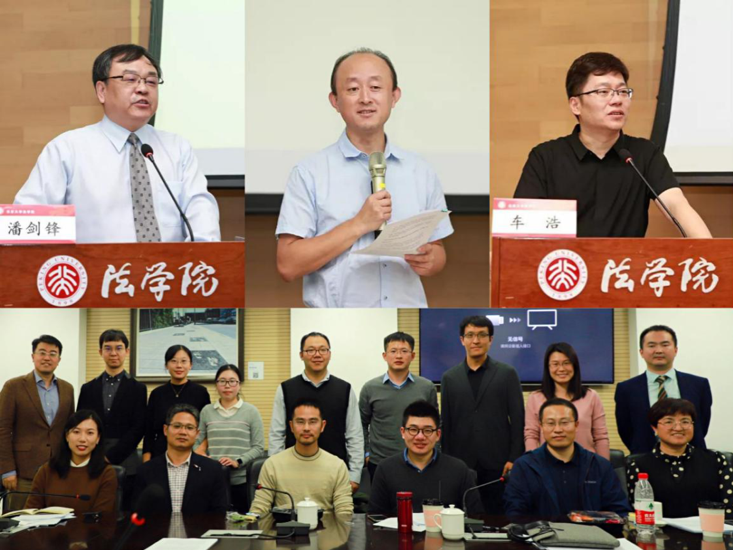
With a sense of mission and responsibility, PKULS will be talent training as the starting point of all work, in the course of curriculum reform on the road of unremitting exploration, and constantly move forward. As Dean Pan Jianfeng said, "To sum up the experience of PKULS in curriculum reform, we deeply feel how difficult and glorious legal education is."
Translated by Deng Renwei
Edited by Rosie



